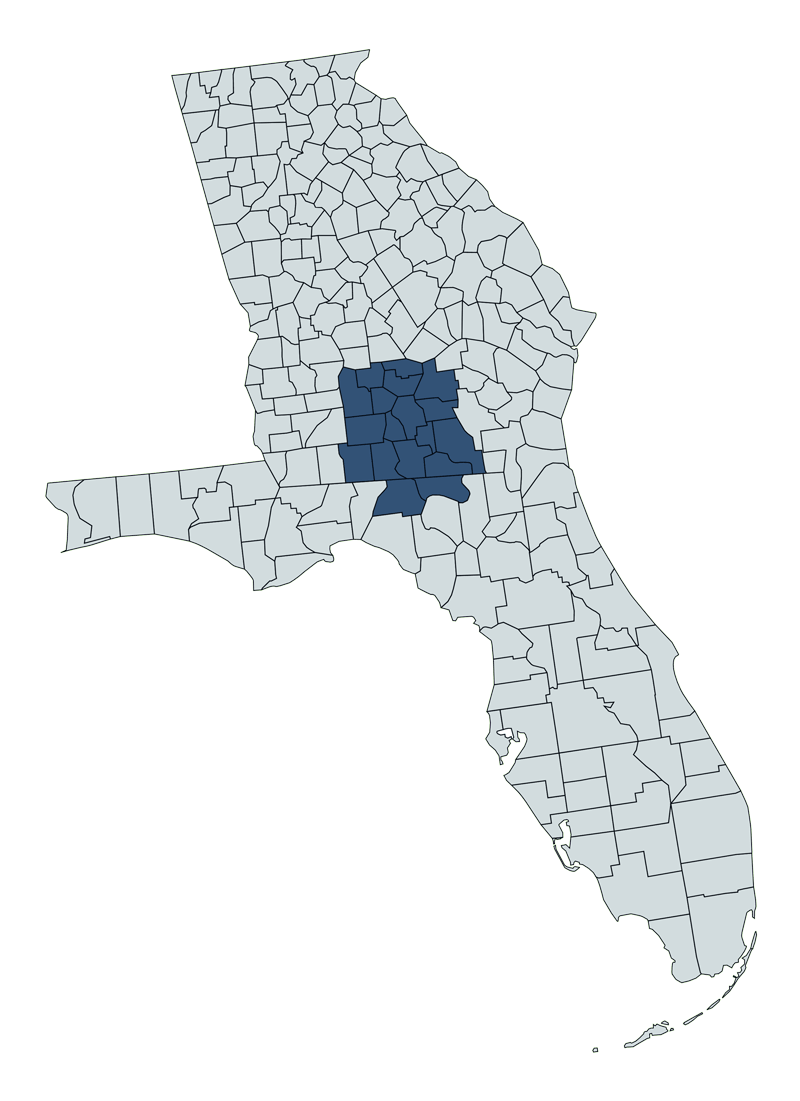When the sun rises over Tifton, GA, its warmth spills over the charming neighborhoods, inviting residents to step outside and enjoy the beautiful southern climate. However, with that beauty comes a less pleasant reality: fall allergies. Many families find themselves sneezing, coughing, and battling itchy eyes as pollen and other allergens fill the air. For those who want to enjoy their homes without the discomfort of allergies, optimizing indoor air quality is essential.
In this blog post, we’ll explore practical tips and strategies to enhance your home’s air quality during fall allergy season. With a focus on HVAC services and systems, we’ll guide you through the steps you can take to create a healthier, more comfortable living environment.
Understanding the Impact of Allergens on Indoor Air Quality
Indoor air quality (IAQ) is often overlooked, yet it plays a vital role in our overall health and well-being. During the fall, allergens like ragweed pollen, mold spores, and dust mites become prevalent. In fact, the Asthma and Allergy Foundation of America notes that nearly 50 million Americans experience allergies each year.
When outdoor allergens invade our homes, they can lead to various health issues, including:
- Respiratory Problems: Allergens can trigger asthma attacks and other respiratory conditions.
- Fatigue: Poor air quality can lead to sleepless nights, resulting in overall fatigue.
- Reduced Productivity: Allergy symptoms can affect concentration and productivity, especially for those working from home.
Understanding these impacts emphasizes the importance of maintaining a healthy indoor environment, particularly during fall allergy season.
The Role of HVAC Systems in Improving Indoor Air Quality
Your home’s HVAC system is not just for heating and cooling; it plays a crucial role in maintaining indoor air quality. Here are some ways HVAC systems can help combat allergens:
1. Air Filtration Systems
Air filters are your first line of defense against airborne allergens. High-efficiency particulate air (HEPA) filters can trap up to 99.97% of particles that are 0.3 microns in size, including pollen, mold spores, and dust mites. Upgrading to a HEPA filter can significantly reduce the amount of allergens circulating in your home.
2. Regular Maintenance
Just like any other appliance, your HVAC system requires regular maintenance to function optimally. A well-maintained system can filter out allergens more effectively. Here’s what you should do:
- Change Filters Regularly: Replace your air filters at least every 1-3 months, or more frequently if you have pets or live in a high-pollen area.
- Schedule Professional Inspections: Have a certified HVAC technician inspect your system at least once a year. They can clean the ducts, check for mold growth, and ensure that your system is running efficiently.
3. Humidity Control
High humidity levels can contribute to mold growth and dust mite populations, worsening allergy symptoms. The ideal indoor humidity level is between 30% and 50%. Here are ways to control humidity:
- Use Dehumidifiers: Invest in a dehumidifier for particularly humid areas of your home, like basements or bathrooms.
- Utilize Exhaust Fans: Use exhaust fans in kitchens and bathrooms to remove excess moisture from the air.
Additional Strategies for Optimizing Indoor Air Quality
Beyond HVAC solutions, there are several everyday practices you can adopt to improve your home’s air quality during fall allergies.
1. Keep Windows Closed
While it’s tempting to open your windows to let in the fresh fall air, this can also allow outdoor allergens to enter your home. Keep windows closed, especially on windy days when pollen counts are high.
2. Use Air Purifiers
Air purifiers can complement your HVAC system by providing additional filtration. Look for models with HEPA filters to ensure they capture small particles. Place them in rooms where you spend the most time, such as bedrooms and living areas.
3. Clean Regularly
Dust and allergens can accumulate quickly in your home. Make cleaning a regular part of your routine:
- Vacuum Frequently: Use a vacuum cleaner with a HEPA filter to effectively capture dust, pollen, and pet dander.
- Wash Bedding Weekly: Wash sheets, pillowcases, and blankets in hot water at least once a week to eliminate dust mites and other allergens.
4. Declutter Your Space
A cluttered home can harbor dust and allergens. Keeping your living space organized and clutter-free will make it easier to clean and reduce allergen accumulation.
5. Limit Indoor Plants
While indoor plants can improve aesthetics, some can also contribute to mold growth. If you have houseplants, be sure to check the soil for mold and consider reducing the number of plants during allergy season.
Factual Evidence Supporting Indoor Air Quality Measures
Investing in your home’s indoor air quality is not just a matter of comfort; it’s a health imperative. According to the Environmental Protection Agency (EPA), indoor air can be 2 to 5 times more polluted than outdoor air. By implementing the strategies mentioned above, you can significantly improve your home’s air quality.
Furthermore, the EPA reports that people spend approximately 90% of their time indoors, making it crucial to ensure that your indoor environment is as healthy as possible.
For Indoor Air Quality Services in Tifton, GA, Contact Ray & Son Heating & Air Conditioning Today
Maintaining optimal indoor air quality is vital for managing allergies, particularly during the fall season in Tifton, GA. By understanding the role of your HVAC system, regularly maintaining it, and adopting practical strategies for improving your home’s air quality, you can create a healthier living environment for you and your family.
At Ray & Son Heating & Air Conditioning, we understand the challenges that fall allergies can pose. Our team of experienced professionals is here to help you optimize your home’s air quality with tailored solutions to meet your specific needs. Don’t let allergies hinder your comfort; contact us today to schedule an inspection or maintenance service! Let us help you breathe easier this fall.



